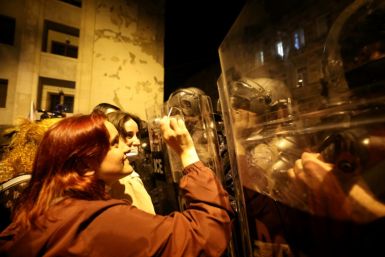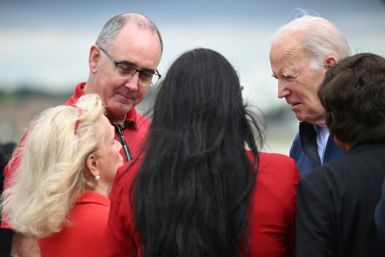Australia could see highest percentage of homeowners since 1991 under proposed change

Australia will possibly record the highest percentage of homeowners since 1991 under a proposed change. House prices are tipped to drop if negative gearing goes, according to a new study.
The study authors found that eliminating negative gearing would lead to lower house prices. Such move is also expected to lead to a welfare gain for the Australian economy as households would be better off.
The paper shows that ditching negative gearing would result in a total welfare gain of 1.5 percent of the gross domestic product. Australia’s home ownership is currently 66.7 percent, the lowest since the mid-1950s.
The study presented to the Reserve Bank of Australia indicates that up to three-quarters of Aussie households will be better off if negative gearing is ditched. Homeownership rates could be up to 72.2 percent, the highest level since 1991, a Melbourne University modelling shows.
Nearly 75 percent of Australian households could finally secure their own homes as house prices soften by 1.2 percent if the policy was gone. Meanwhile, rents would increase only marginally.
The authors noted that the welfare effects are heterogeneous across various households. There will be winners and losers, too. Those who would benefit are renters and owner-occupiers. Landlords are expected to lose.
Improvements in homeownership rate are mainly observed among young and middle-aged households that are relatively poor. The authors emphasised that the paper was preliminary and incomplete.
Melbourne University economists have undertaken the modelling and presented it to a Reserve Bank workshop last month. The paper, which was based on economic modelling carried out by Melbourne University’s Yunho Cho, Shuyun May Li and Lawrence Uren, was released publicly on Friday through RBA’s website.
The public release of the paper follows an intense week of political speculation over negative gearing. NSW Premier Gladys Berejiklian has been criticised for allegedly snubbing her Treasury officials’ advice that the federal government need to carry out a broad study of negative gearing as well as capital gains tax arrangements.
Leaked documents also revealed that Berejiklian was advised to "consider alternative policies that would improve outcomes for Australians." Confidential Federal Treasury advice opposed claims that altering negative gearing and the capital gains tax discount would serve as a “sledgehammer” on the economy. On Thursday, NSW opposition treasury spokesman Ryan Park said the federal and NSW government had misled the people regarding policies that could address the housing affordability crisis, News.com.au reports.
CNBC/YouTube






